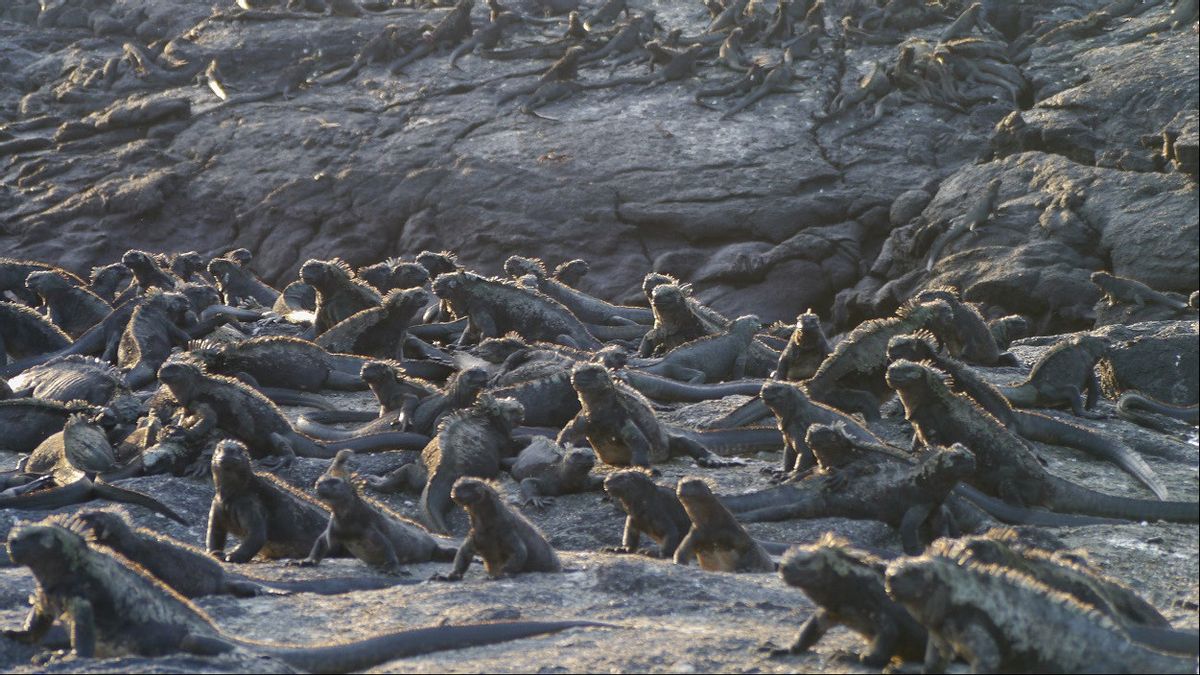JAKARTA - Ecuador's government plans to double the cost of tourist mausks to the Galapagos Islands starting this year, amid fears of increasing the number of visitors will increase pressure on ecologically sensitive destinations.
Ecuador's Ministry of Tourism has announced a new cost policy that will take effect from August 1, 2024.
The cost of entry will range from 100 US dollars to 200 US dollars for citizens from almost all countries, except for members of the South American trade bloc Mercosur, which includes Argentina, Brazil, and Peru.
Mercosur members now have to pay $100 per person, up from $50. Meanwhile, children under the age of two can visit for free, regardless of nationality.
This is the first increase in Galapagos entrance fees since 1998.
"The Galapagos Islands are not only national property but also global wealth. It is our shared responsibility to protect and preserve this unrivaled ecosystem for future generations," explained EKuador Tourism Minister Niels Olsen in a statement shared with the Galapagos Conservation Trust, reported by CNN on April 1.
Olsen added that the additional funds will be used for archipelago conservation efforts located 1,000 kilometers (621 miles) off the coast of mainland Ecuador.
Galapagos is a UNESCO World Heritage site consisting of more than 100 islands. The archipelago, dubbed the "life museum", is home to many rare or endangered plants and animals.
Only about 30,000 people live in one of the Galapagos islands. However, around 170,000 tourists visit each year.
Previously, the Galapagos Conservation Trust, a UK-listed charity focused on promoting conservation and sustainability in the archipelago, has warned of ecological consequences of the increasing number of visitors.
"In recent years there has been a worrying increase in the number of visitors to the archipelago, driven by a sharp increase in ground-based tourism," the agency said on its website.
SEE ALSO:
"This encourages the waste management system to reach its maximum limit, exacerbates water and food insecurity, and increases the threat of the entry of destructive invasive species into the islands," he explained.
Scientific discoveries continue to be made in the archipelago. The previously unknown coral reefs, believed to be thousands of years old, were discovered by scientists last year.
In 2021, UNESCO issued a report on the archipelago and conservation efforts there. The report praised the Ecuadorian Government for reducing illegal fishing and controlling the spread of invasive species, but requested an update by 2024.
The English, Chinese, Japanese, Arabic, and French versions are automatically generated by the AI. So there may still be inaccuracies in translating, please always see Indonesian as our main language. (system supported by DigitalSiber.id)


















